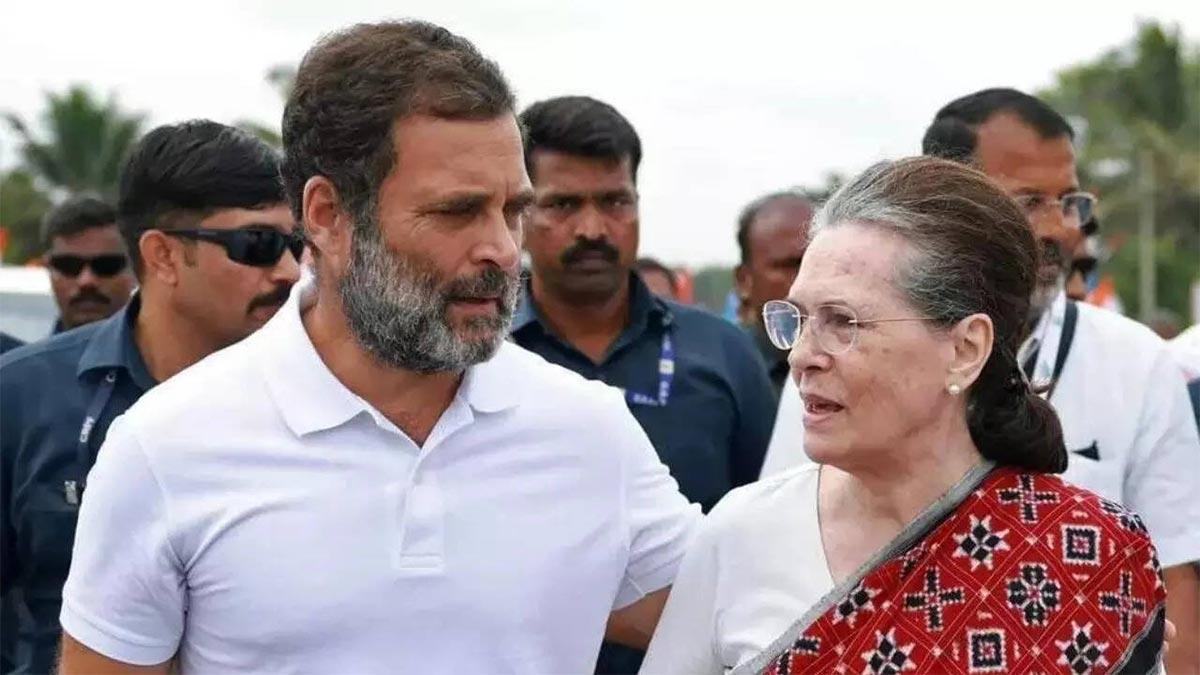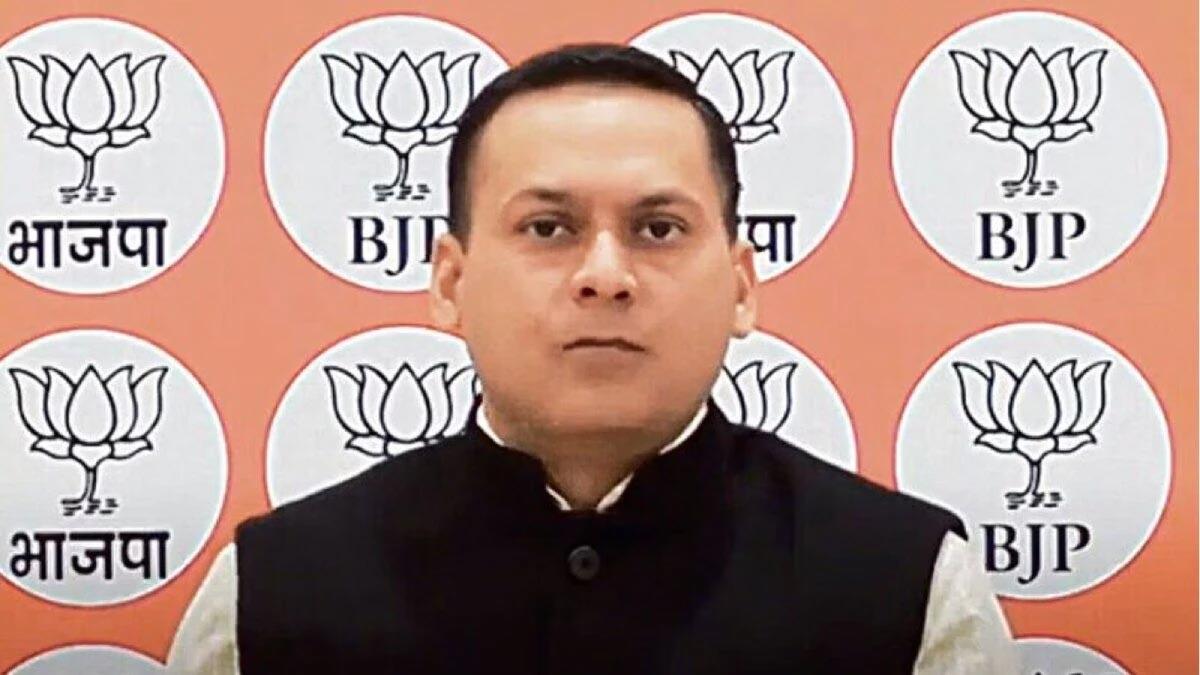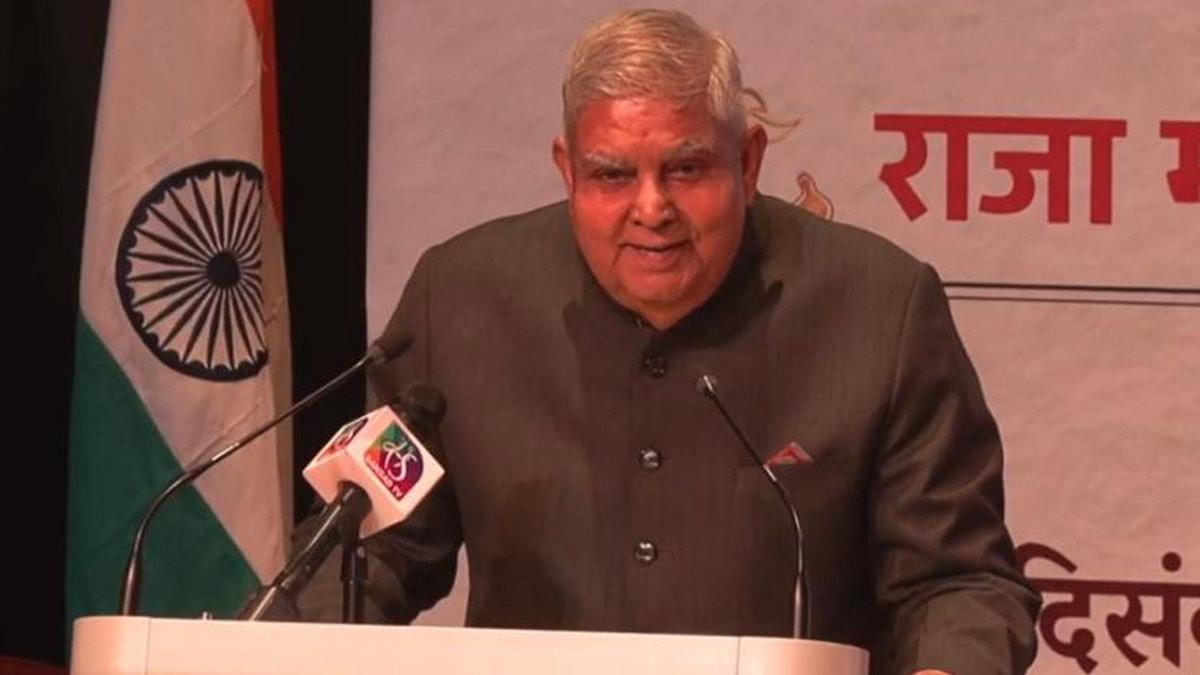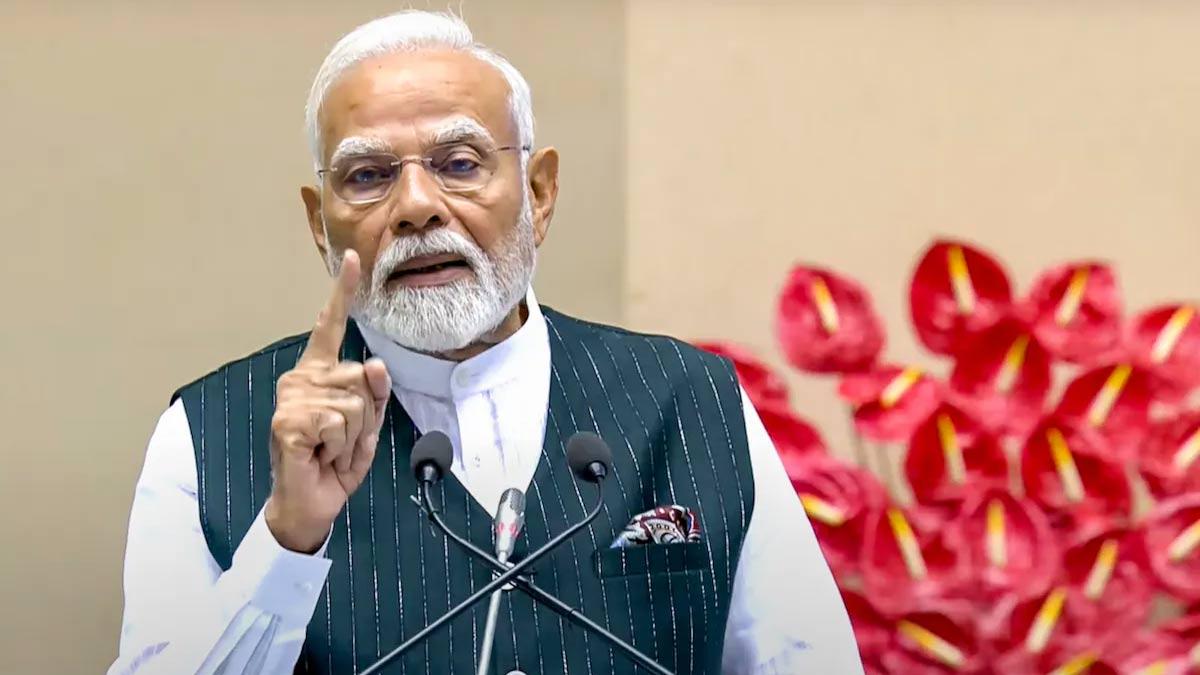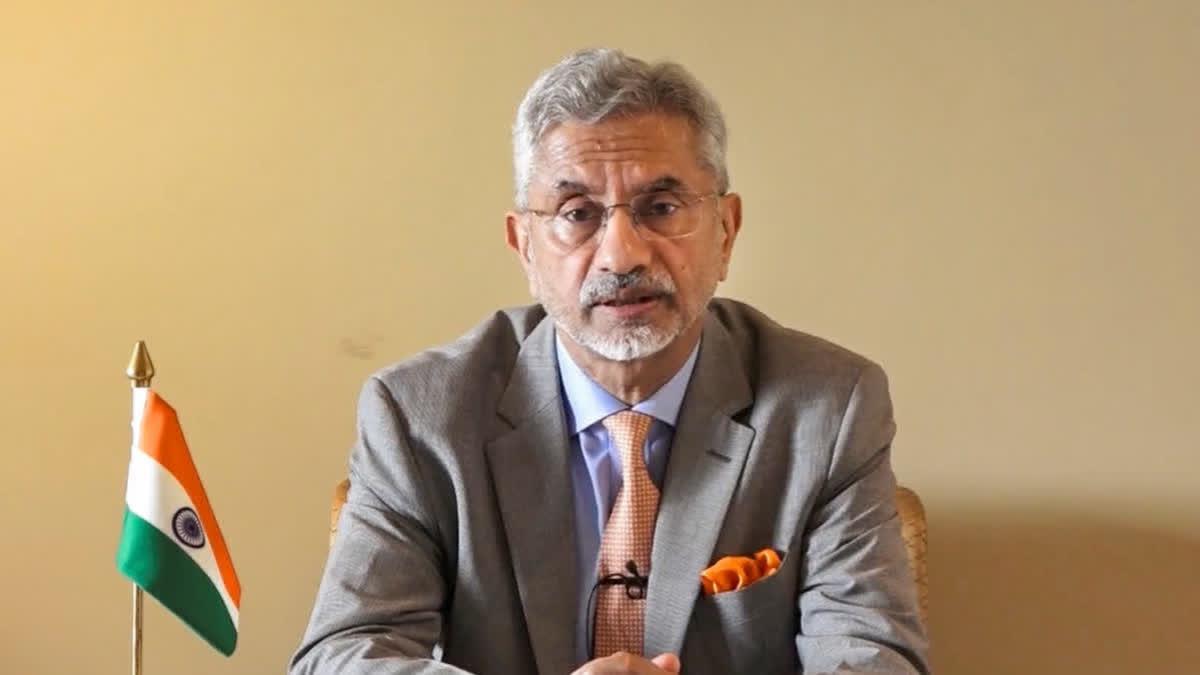The Bharatiya Janata Party (BJP) on Thursday initiated a stinging attack against the Congress party, accusing a repeated trend of selling out India's national security—right from the Jawaharlal Nehru days to recent cases under Sonia and Rahul Gandhi rule.
BJP national spokesperson Pradeep Bhandari turned to social media site X to assert that the Congress-led United Progressive Alliance (UPA) government let slip the opportunity to retaliate against Pakistan following the 2008 terror attacks in Mumbai. He claimed that senior Congress leaders thwarted any action despite pressure from within the administration.
Bhandari quoted former Foreign Secretary Shivshankar Menon's book, Choices: Inside the Making of India's Foreign Policy, to substantiate his allegation. In the book, Menon describes how after the 26/11 terror attacks, senior-most officials—then National Security Adviser M.K. Narayanan among them—had a series of meetings to decide on military action. Both Menon and then External Affairs Minister Pranab Mukherjee were in favor of military retaliation, Menon writes.
Menon says, "I pressed both External Affairs Minister Pranab Mukherjee and Prime Minister Manmohan Singh that we must retaliate, and be seen to retaliate, in order to deter further attacks. My preference was for visible action against LeT headquarters in Muridke or the LeT camps in Pakistan-occupied Kashmir and covert action against their patrons, the ISI. Mukherjee appeared to concur with me and spoke publicly of all our options being on the table."
But Bhandari claimed that even though Mukherjee had given the go-ahead for military action, the leadership of the Congress party—the Sonia Gandhi and Rahul Gandhi duo—decided not to endorse it.
Terming this a "stunning betrayal of national sentiment," he stated that the inaction by the UPA government was a lost opportunity to react decisively against Pakistan-based terrorism.
Enlarging on his indictment, Bhandari enumerated what he called a trend of Congress leaders sacrificing national interests over the years. He alleged that former Prime Minister Indira Gandhi had contemplated sharing nuclear technology with Pakistan merely two months after India's nuclear test in 1974, Smiling Buddha.
He also pointed to Rajiv Gandhi’s advocacy for global nuclear disarmament at a time when China and Pakistan were advancing their nuclear programs, alleging that this undermined India’s deterrence capabilities. Similarly, he criticized Jawaharlal Nehru for declining India’s entry into the Nuclear Suppliers Group (NSG), saying it limited India’s access to nuclear material and international cooperation.
Bhandari concluded his case by labeling the Gandhi-Vadra dynasty's record as one of "serial compromises on India's national security."
Read also| Watch| Op Sindoor befitting blow to terrorism, Pak exposed before the world, Says PM Modi
Read also| BJP Claims Support of 44 MLAs to Form New Government in Manipur

